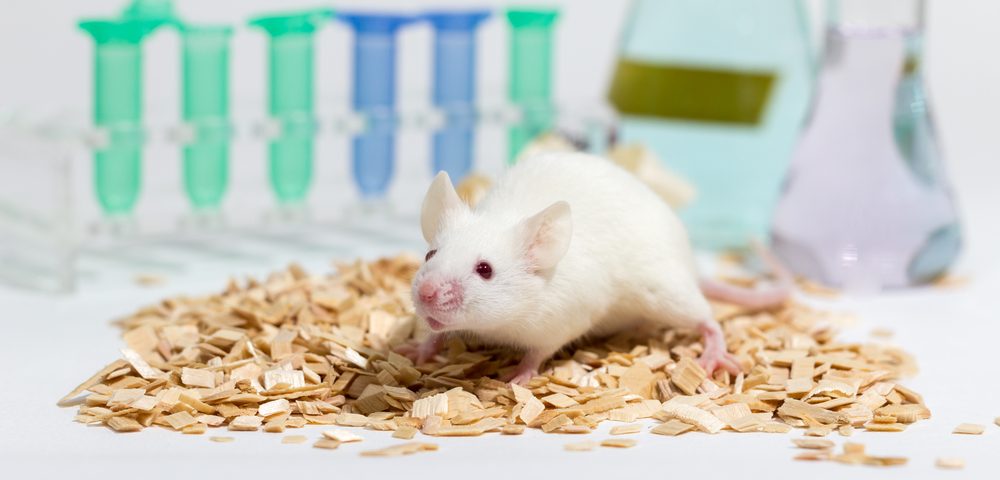A fasting-like diet could help the body fight cancer and also make chemotherapy more effective, according to a new study by researchers at the University of Southern California (USC), led by Dr. Valter Longo. In a separate study, the team also showed that such a strict diet is safe and feasible in cancer patients.
“It may be that by always being exposed to so much food, we are no longer taking advantage of natural protective systems which allow the body to kill cancer cells,” Longo, a professor and director of the USC Longevity Institute at the USC Leonard Davis School of Gerontology, said in a press release. “But by undergoing a fasting-mimicking diet, you are able to let the body use sophisticated mechanisms able to identify and destroy the bad but not good cells in a natural way.”
Researchers used a mouse model of breast cancer, and gave the mice the chemotherapy drugs doxorubicin and cyclophosphamide. They then put the mice on either a four-day low-calorie, fasting-like diet, or a two-day water-only, short-term starvation diet. They saw that both diets slowed the growth of tumors while protecting healthy, normal cells. Both diets, combined with the chemotherapy drugs, were equally effective. The researchers also found similar effects for skin cancers.
The team demonstrated that the fasting-like diet’s effect, when used with chemotherapy drugs, was due to an increase in the levels of immune system cells, such as T-cells, B-cells, and “natural killer” cells, which infiltrate tumor cells and destroy them.
Moreover, the fasting-like diet caused another type of immune cell, called T-regulatory cells, to be expelled from the tumor site. T-regulatory cells are known to protect tumor cells from the immune system. The scientists found that a fasting-like diet weakens an enzyme called heme oxygenase, or HO-1, inside T-regulatory cells and makes chemotherapy drugs more effective in attacking tumor cells.
Longo’s team, together with Dr. David Quinn, an oncologist at the Norris Comprehensive Cancer Center at the Keck School of Medicine of USC, also conducted a pilot clinical study (NCT00936364) evaluating the fasting-like diet in 18 cancer patients undergoing chemotherapy.
They put the patients either on a 24-hour, 48-hour, or a 72-hour, strict fasting diet. They showed that even a water-only diet is safe in combination with chemotherapy. They also showed that fasting for 72 hours is associated with lower side effects than fasting for 24 hours.
“This (a fasting-like diet) could be a very inexpensive way to make a wide range of cancer cells more vulnerable to an attack by the immune cells, while also making the cancer more sensitive to the chemotherapy,” said Longo.
Previous work had shown that a short-term fast starves cancer cells and facilitates the chemotherapy drugs to better target them. Also, a low-calorie, fasting-like diet can slow the progression of multiple sclerosis by killing “bad cells” and generating new healthy ones.
The animal study, “Fasting-Mimicking Diet Reduces HO-1 to Promote T Cell-Mediated Tumor Cytotoxicity” was published in the journal Cancer Cell, and the clinical study, “Safety and feasibility of fasting in combination with platinum-based chemotherapy,” was published in BMC Cancer.


